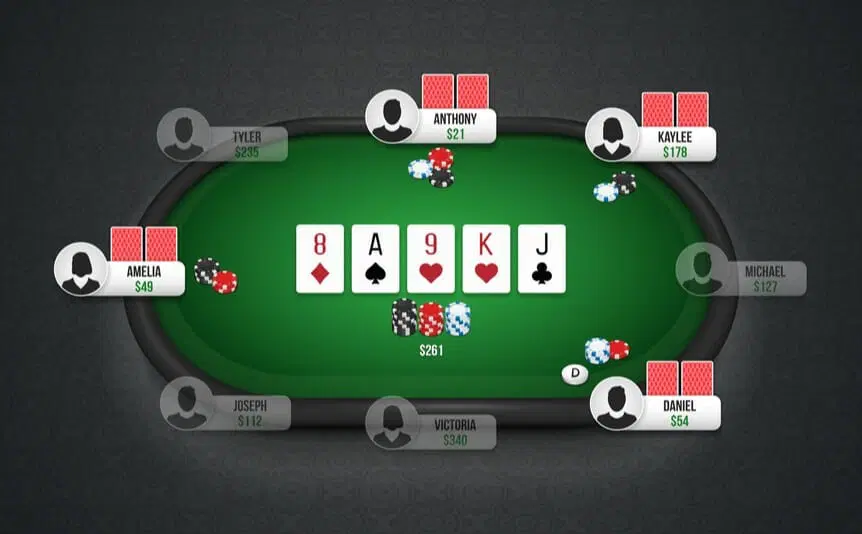The Role of Rake in Online Poker
The “rake” is the amount that casinos collect from every poker hand as part of the “rake”, either as a percentage of the final pot or through fixed fees.
Following feedback from winning players, land-based cardrooms began instituting fixed fees that ensure all users pay the same amount regardless of whether or not they win or lose.
Tracking Your Results
Tracking your results when playing online poker can help improve your decision-making at the tables and increase profitability. By tracking results, it will allow you to identify leaks in your game and increase overall profitability – as well as helping make informed decisions regarding bankroll management.
Different poker websites employ various rake structures. Some employ a “dealt rake model”, where money is taken directly out of each pot as it’s played; this structure rewards tight players while punishing loose ones.
Other games utilize a timed rake scheme, in which players are charged per hour that they remain seated at the table. This structure encourages more hands to be played while generally less profitable for the house; however, it can provide great incentives to high-volume players and can increase competition between sites leading to better rewards programs and rakeback offers; nonetheless it should not be utilized with small stakes games.
Rakeback Programs
Rake is one of the key costs in poker and can significantly diminish net winnings for players. Even an increase in rake can turn a winning player into either breakeven or loss; therefore it is imperative that when choosing an online poker site it takes this cost into consideration.
The amount of rake collected during a poker game depends on its structure. Some rooms provide a flat percentage of total pot while others use weighted contributed methods that take into account how much each player contributes to the pot. There’s also a timed rake model, taking an equal share every 30 minutes or hour – something which tends to be more popular with live games.
No matter what rake collection model they employ, poker players can lower their rake costs through using rakeback programs. These programs refund some or all of the rake paid directly to poker rooms and can significantly boost return-on-investment (ROI).
Managing Your Bankroll
Bankroll management is an essential skill that all poker players should master. This involves setting aside an allocated sum solely for poker play and not using it elsewhere, to allow you to avoid making costly mistakes in gameplay and stay ahead of your game. It is crucial that all funds used solely for gaming remain completely separate from everyday funds in order to stay on top of your game and avoid errors that may erode it later on.
When it comes to online poker, rake structures play an integral part of your profits. Even small increases can have dramatic ramifications on your win rate and could tip the balance from profitable player into breakeven or losing player – thus making rake structure one of the primary considerations when selecting a site.
Different poker sites impose various rakes in the form of fixed fees or percentages of pots. Some also offer timed rake collection whereby players pay a set fee every hour regardless of their success in winning or losing hands.
Avoiding Luxury
Although rake can be contentious among players, casinos and poker rooms need a way to profit from their games – the rake helps cover expenses like software development costs and support staff wages, in addition to covering costs related to hosting physical spaces where games take place.
High rake fees can be costly for players who are winning, as it forces them to work much harder against the game if paying high rake fees.
One effective strategy for minimizing rake is playing more tightly, which requires making smaller moves and folding more often. Although this won’t give you any advantage against opponents, it may help limit how much money you lose overall. Before playing at different poker sites, be aware of their rake structure – some have fixed fees while others employ weighted contributed models which take players’ skill level into consideration when setting rake rates.




